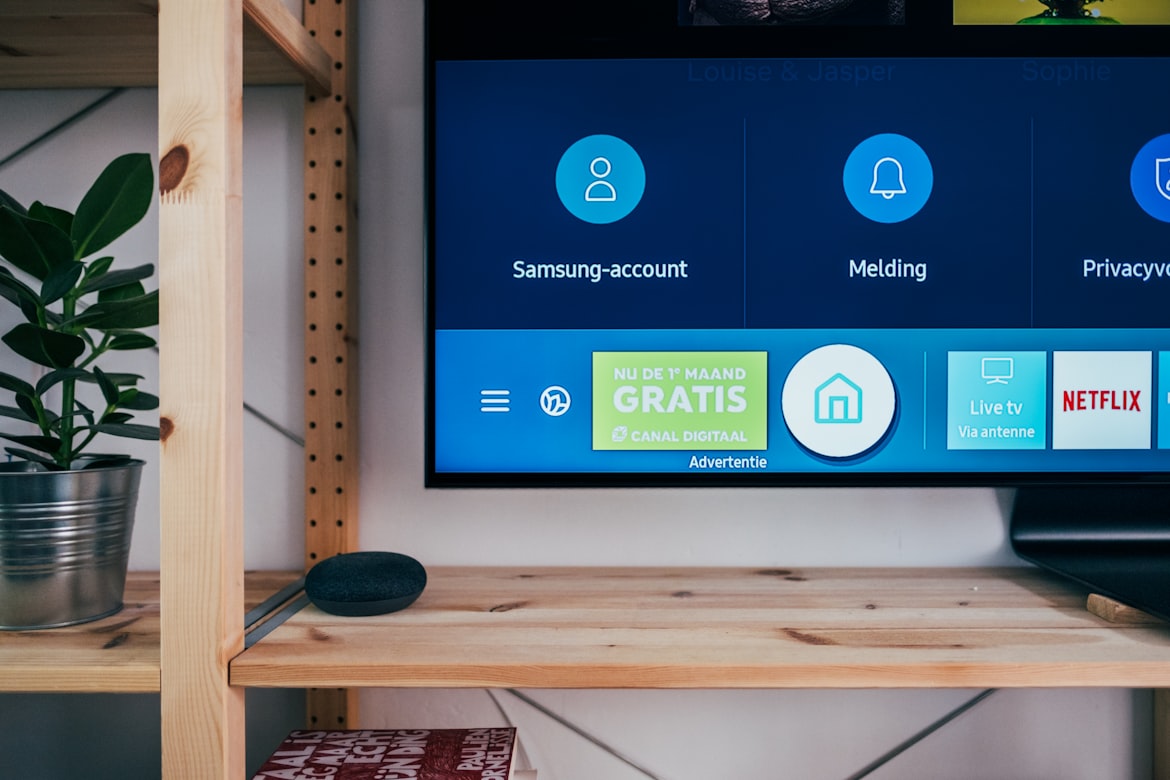In the past few years, the television entertainment sector has seen a crucial transformation as streaming platforms have gained popularity, altering the way viewers consume live TV content while conventional cable TV usage continues to decline.
Although cable TV is used to control the market, many consumers are now switching to no-contract TV services as a more practical substitute. However, it can be challenging to choose the most suitable one for your watching preferences and lifestyle, especially with a plethora of options available.
In this blog post, we’ll examine the primary distinctions between no contract TV and traditional cable TV, and guide you in choosing which option is best suited to your demands. Let’s dive in!

You might be interested in: What to Check When Choosing a New TV Nowadays
Content Availability
One important factor to consider when choosing between no-contract TV and traditional cable TV is content availability. Live sports, breaking news, and premium channels like HBO and Epix are all available from traditional cable TV providers. Also, many cable TV providers deliver on-demand content that can be accessed at any time.
No-contract TV services also provide a wide range of content, but the selection may be more constrained than what is available through traditional cable TV. For example, some services might not include local news or live sports programs. However, a lot of no-contract TV services provide exclusive content and original programming that are unavailable elsewhere.
There are remarkable TV providers that offer both on-demand content and live TV channels, like YouTube TV, FuboTV, and Dish TV. These TV providers offer subscribers access to a diverse option of on-demand movies and TV shows, in addition, to live sports and news. DISH TV, for example, offers its customers access to thousands of on-demand titles and over 200 live TV channels.
Privacy and Data Collection
Privacy and data collection are two more aspects that could influence your choice between traditional cable TV and no-contract TV. Traditional cable TV companies usually just gather the personal information required to provide the service from their consumers. However, non-contract TV services may gather more data, such as details about your watching habits and preferences, which they may use to deliver more relevant advertisements or enhance their services.
If you’re someone who values confidentiality and is concerned about data collection, then a traditional cable TV provider may be the better option. However, if you value personalized suggestions and are comfortable with giving some personal information, a no-contract TV subscription might be a better choice.
Ease of Use
The ease of use is an important factor to take into account while deciding between no-contract TV and traditional cable TV. Although there have been traditional cable TV providers for many years, many of them still utilize outdated technology, resulting in challenging-to-use interfaces. It can also take a while to set up a regular cable TV service, and it requires a professional installation to visit your house.
On the other hand, No-contract TV services are usually made to be as user-friendly as possible. The setup process is frequently as simple as downloading an app or signing up on a website, and the majority of services offer simple interfaces and smooth navigation.
Remember that having a fast internet connection is necessary for ease of use when streaming content on no-contract TV services. Slow internet speeds can cause buffering and interruptions, leading to a frustrating and inconvenient user experience.
Customization Options
Another factor to think about is the level of customization that is offered by each service. The majority of traditional cable TV companies offer packages with a certain number of channels, with the opportunity to add premium channels or additional packages for a charge. This may be a drawback for those who only want to pay for the channels they actually watch.
Contrarily, no-contract TV packages frequently provide more freedom when it comes to modifying the content. Several providers let customers build custom packages or choose certain channels based on their preferences. For those who want more choice over the channels they pay for, this might be a huge benefit.
Advertising
The amount of advertising that comes with each service must also be taken into consideration. Traditional cable TV providers frequently have a lot of advertisements, which can ruin the experience of watching. They also give on-demand material with extra ads. So, if you don’t mind sitting out a couple of ads while watching your favorite show, then you can stick with traditional cable TV.
No-contract TV services may also include advertising, but the volume and frequency may be lower than what is found on traditional cable TV. Also, some no-contract TV services charge an extra price for ad-free viewing options.

Summary
Choosing between no-contract TV and traditional cable TV involves considering a range of factors, including content availability, privacy, data collection, ease of use, customization options, and advertising, which all play a role in determining which provider is the ideal fit for you.
By carefully evaluating these factors and assessing the available options, you can make an informed choice and select a TV provider that meets your demands. Ultimately, the ideal choice will rely on your personal interests and viewing habits, so it is necessary to take the time to research and compare all available options.
Recommendations:









